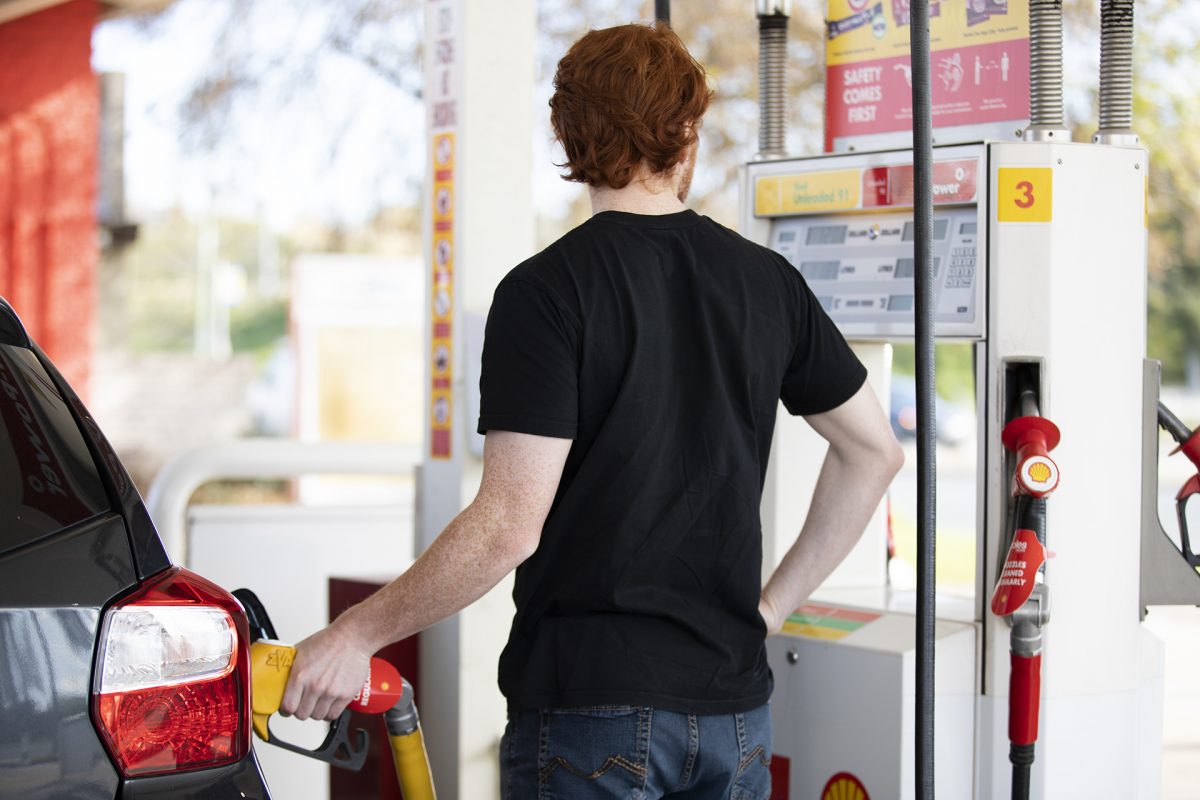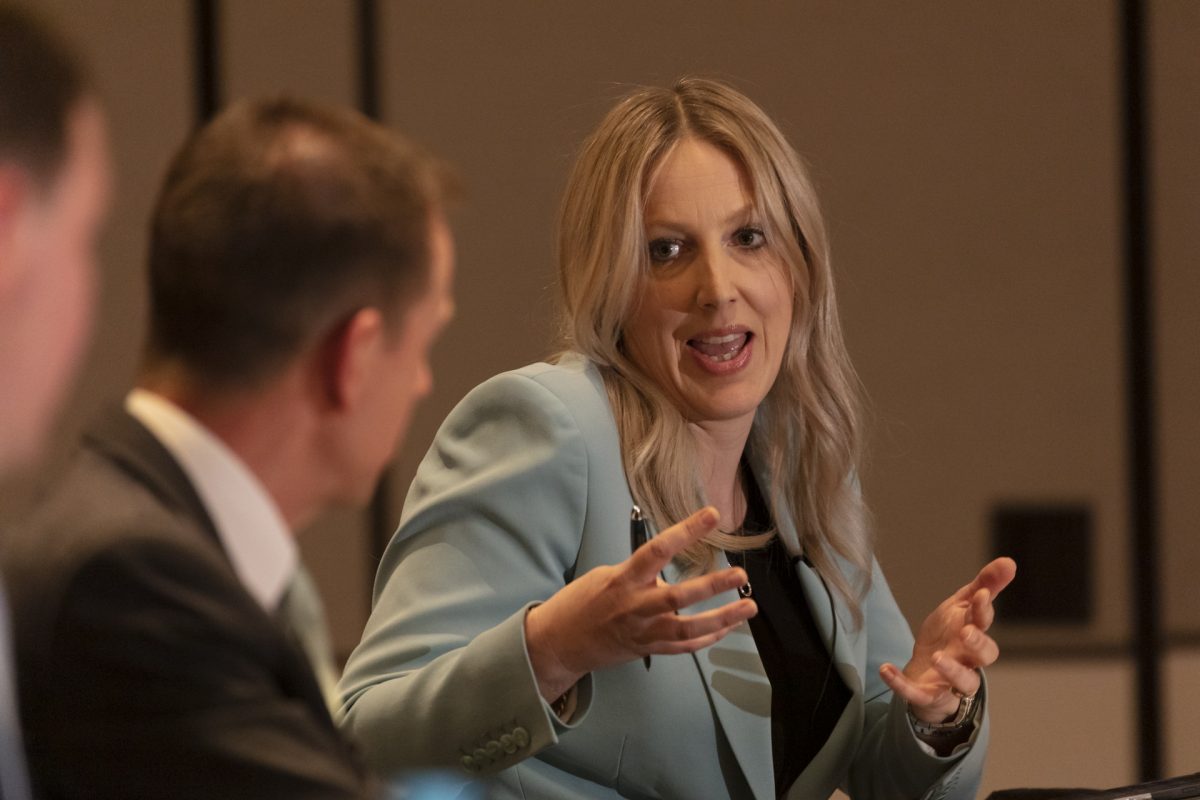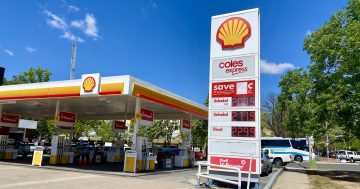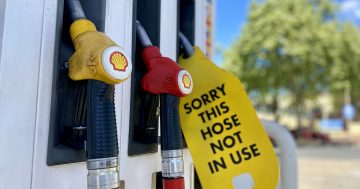
You’ll soon be feeling the pinch at the pump once more. Photo: Michelle Kroll.
In what’s sure to be unwelcome news for many households already managing interest rate hikes and more expensive grocery bills, filling up your tank is about to get a lot more painful.
That’s thanks to the reinstatement of the full fuel excise, which was halved back in March by the Morrison government as the cost of living skyrocketed.
Despite calls to keep the cut in place, the Federal Government is sticking with its plan to slap the full tax back on at midnight tonight, citing budgetary pressures as behind its decision to do so.
Federal Treasurer Jim Chalmers told Sky News Australia on Monday (26 September) the country “just can’t afford it”.
Motorists can expect prices to rise by 25 cents per litre – 22 cents in excise and three cents in GST – and they can expect that price rise to be felt quickly, although not immediately.
Australasian Convenience and Petroleum Marketers Association (ACAPMA) CEO Mark McKenzie estimates it will take about three to five days for prices to rise as petrol stations work through and replenish their existing stocks with higher excise fuel.
The average price for unleaded petrol right now is $1.78 a litre. By Monday at the latest, the average petrol price in the Territory will be around $2.03 to $2.05.
With the average fill in Canberra being 50 litres, that’s another $11.25 a tank. For a two-car household that’s $22.50 a week to factor in, something Mr McKenzie acknowledged is “unwelcome”.
Diesel prices remain stubbornly high and will continue to do so.
Come tomorrow, petrol stations are expected to monitor what’s going on around them in order to ensure a competitive advantage.
“For example, let’s say I’m a higher volume station getting a higher-priced delivery of fuel tomorrow (29 September), chances are I’m going to have people around me that have still got the lower-excise fuel in their tanks,” he explained.
“We expect individual businesses to make decisions about whether they pass on the full cut or they wait until the businesses around them have the higher-priced stock in their tanks, too.
“Contrary to what people understand about our industry, it is deeply competitive [and] 25 cents is a significant competitive disadvantage.”
But Mr McKenzie said there is some good news despite the impending hike. Prices will be cheaper than in March when they approached $2.18 a litre in the Territory and there were fears of them spiking as high as $3.
On a global scale, despite ongoing uncertainty about the Russian invasion of Ukraine, concerns of a recession are driving the oil price down.
“There is a bit of a counter factor because the Australian dollar is also falling relative to the US dollar, pushing a bit of pressure on the Australian price,” he said.
“In the main, we’ve seen a $40 fall in the price of oil since March and the outlook going forward in the near term is for steady to slightly falling oil prices.
“There are still black swan events and some uncertainty around what happens this winter in Europe and the escalating intensity of the Russian/Ukrainian conflict.”

ACTCOSS CEO Dr Emma Campbell thinks billions of dollars in public money would be better spent on targeted measures for low-income households than on extending the fuel excise. Photo: Thomas Lucraft.
The ACT Council of Social Service (ACTCOSS) isn’t among those advocating for an extension of the excise reduction.
CEO Dr Emma Campbell said this tax cut disproportionately benefits those on higher incomes because they spend more on fuel. That’s not to say the high price of fuel and transport doesn’t hurt those on low incomes.
“People are really struggling right now and if we are going to spend billions of dollars on relieving cost of living pressures, we don’t think this is the best thing to invest in,” Dr Campbell said.
“If we are going to spend money, let’s target people on the lowest incomes and put money in their pockets by increasing income support payments.”














